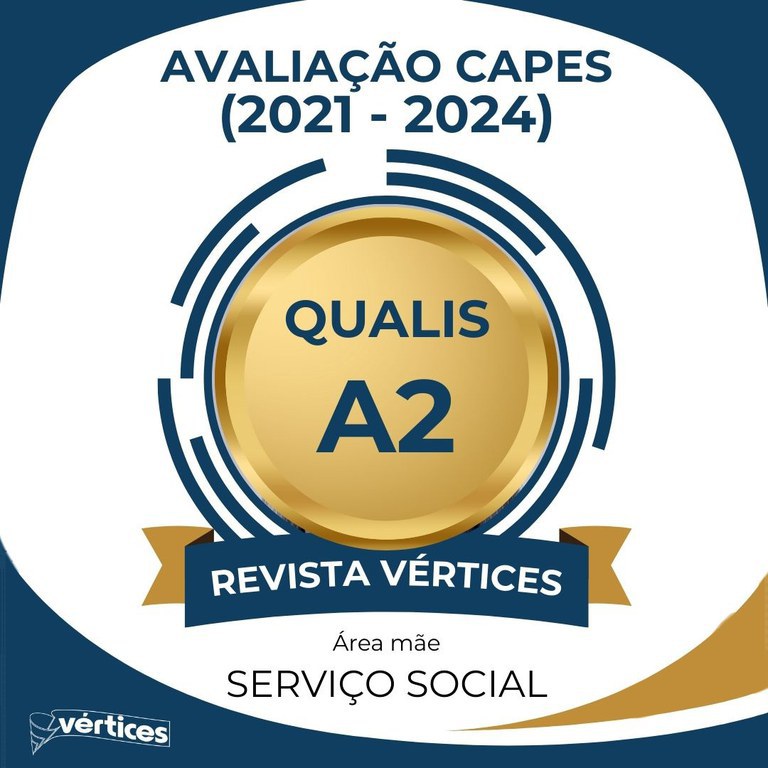Jeca Tatu: portrait of an unequal country
DOI:
https://doi.org/10.5935/1809-2667.20110004Keywords:
Jeca Tatu, Provincial Culture, Diversity, InequalityAbstract
This article discusses the importance of communication and literature in shaping society. Through the character of Monteiro Lobato - Jeca Tatu - we discuss the resignation, the erroneous cultural policy, and the degrading life in which many Brazilians have lived. The study also covers the need to preserve provincial and rural culture without mistaking cultural diversity for social inequality.Downloads
References
BOSI, E. O tempo vivo da memória: ensaios de psicologia social. São Paulo, SP: Ateliê Editorial, 2003.
CÂNDIDO, A. Os parceiros do Rio Bonito: estudo sobre o caipira paulista e a transformação dos seus meios de vida. 7 ed. São Paulo, SP: Livraria Duas Cidades, 1987.
GRAMSCI, A. A Dialética da História. Trad. Carlos Nelson Coutinho. 8 ed. Rio de Janeiro, RJ: Civilização Brasileira, 1989.
HOUAISS, A.; VILLAR, M. S.; FRANCO, F. M. M. Dicionário Houaiss da Língua Portuguesa. Rio de Janeiro, RJ: Objetiva, 2001.
LE GOFF, J. História e memória. São Paulo, SP: Editora Unicamp, 1996.
LOBATO, M. Urupês. 32 ed. São Paulo, SP: Editora Brasiliense, 1986.
LOTMAN, I. La semiosfera I. Trad. de Desidério Navarro, Madrid: Ediciones Cátedra, 1996.
MARIANO, N. F. O lugar do caipira no processo de modernização. Scripta Nova, Universidad de Barcelona, n. 69, 2000.
MORIN, E. O método 4 – As idéias: habitat, vida, costumes, organização. Porto Alegre, RS: Editora Sulina, 1998.
NASCENTES, Z. C. Coronéis, fantasmas e santos na literatura de ciclo do Modernismo. Revista de Letras (Curitiba), v. 06, p. 45-60, 2003.
NOVAES, W. A quem pertence a informação?. 2. ed. Petrópolis, RJ: Editora Vozes, 1996.
OCTÁVIO, R.G. De caipira a farmer: a regeneração do caipira brasileiro. Revista LOGOS, n. 16, 2008.
OLIVEIRA, S. A. de. Literatura e sociedade na cultura caipira: comentários sobre a oralidade em Antonio Candido. Anuário da literatura, n.7, 1999.
ORTIZ, R. Cultura brasileira e Identidade Nacional. São Paulo, SP: Editora Brasiliense, 1985
PILETTI, N. e C. História e vida – Brasil: da independência aos dias de hoje. 12 ed. São Paulo, SP: Editora Ática S.A., 1994.
SANTOS, D. de S. A figura do homem rural na literatura brasileira: alguns recortes. Revista da UFG, v. 7, n. 1, 2004.
TEIXEIRA COELHO. O que é indústria cultural. 8 ed. São Paulo, SP: Editora Brasiliense, 1986.
Downloads
Issue
Section
License
The authors of the manuscript submitted to Vértices, hereby represented by the corresponding author, agree to the following terms:
The authors retain the copyright and grant Vértices the right of first publication.
At the same time the work is licensed under the Creative Commons Attribution 4.0 International License, allowing third parties to copy and redistribute the material in any medium or format and to remix, transform, and build upon its content for any legal purpose, even commercially, provided the original work is properly cited.
Authors will not receive any material reward for the manuscript and Essentia Editora will make it available online in Open Access mode, through its own system or other databases.
Authors are authorized to enter into additional contracts separately for non-exclusive distribution of the version of the work published in Vértices (eg, publish in institutional repository or as book chapter), with acknowledgment of authorship and initial publication in this journal.
Authors are permitted and encouraged to disseminate and distribute the post-print (ie final draft post-refereeing) or publisher's version/PDF at online information sources (eg, in institutional repositories or on their personal page) at any time after the first publication of the article by Vértices.
Essentia Editora may make normative, orthographic and grammatical changes in the originals in order to maintain the standard language, with the final consent of the authors.
The content and opinions expressed in the manuscript are the sole responsibility of the author (s).
























1.png)



